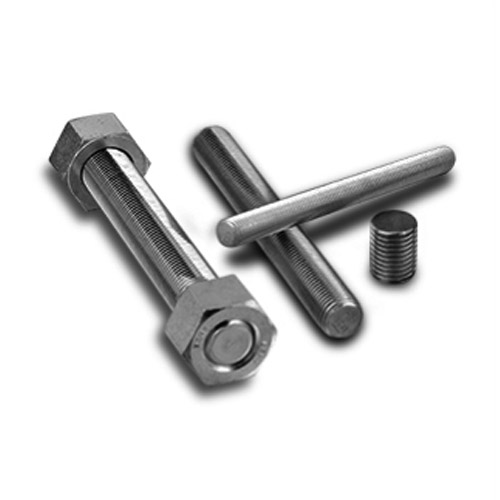Hydraulic Brake Lines for Trailers Essential Guide to Installation and Maintenance
Nov . 09, 2024 08:39 Back to list
Hydraulic Brake Lines for Trailers Essential Guide to Installation and Maintenance
Understanding Hydraulic Brake Lines for Trailers Key Components and Maintenance Tips
When it comes to towing trailers, ensuring safety is paramount. One of the critical components that contribute to safe and effective braking is the hydraulic brake line system. Hydraulic brake lines for trailers are designed to transfer the force applied to the brake pedal into hydraulic pressure, which subsequently activates the trailer’s brakes. This article aims to explore the essentials of hydraulic brake lines, their components, common issues, and maintenance tips to keep your trailer operating safely.
What are Hydraulic Brake Lines?
Hydraulic brake lines are part of a hydraulic braking system, which uses fluid to transmit force. Unlike mechanical brakes that rely on cables and levers, hydraulic systems leverage the incompressibility of brake fluid to amplify braking force. When the driver presses the brake pedal in the towing vehicle, the hydraulic pressure generated travels through the brake lines to the brakes on the trailer, allowing for a synchronized and efficient braking experience.
Key Components of Hydraulic Brake Lines
1. Brake Lines These are typically made from high-quality steel or reinforced rubber designed to withstand high pressure and resist corrosion. The main role of the brake lines is to carry hydraulic fluid from the master cylinder to the brakes on the trailer.
2. Master Cylinder Located in the towing vehicle, the master cylinder is where the hydraulic fluid is pressurized when the brake pedal is pressed. This pressure is transmitted through the brake lines to the trailer.
3. Brake Calipers On the trailer, brake calipers house the brake pads and pistons. When hydraulic pressure reaches the calipers, it forces the pistons to press against the brake pads, generating the friction required to slow down or stop the trailer.
4. Brake Fluid Essential for the hydraulic brake system, the brake fluid transfers the pressure generated by the master cylinder. It’s vital to use the correct type of brake fluid as specified by the manufacturer.
5. Reservoir The brake fluid reservoir holds the hydraulic fluid that feeds into the master cylinder. Regular checks on the fluid level are necessary to maintain the system’s performance.
Common Issues with Hydraulic Brake Lines
While hydraulic brake lines are generally reliable, several issues can arise that may compromise safety
1. Leaking Brake Lines Damage or corrosion can lead to leaks, which reduce hydraulic pressure and impair braking performance. Regular inspections can help identify leaks early before they become critical.
hydraulic brake lines for trailers

2. Air in the System If air enters the brake lines, it can lead to a spongy brake pedal and decreased braking efficiency. Bleeding the brake system can remove trapped air.
3. Worn Brake Components Over time, components such as brake calipers and pads may wear down, leading to ineffective braking. Routine checks can ensure that all parts are in good working condition.
4. Brake Fluid Contamination Moisture and debris can contaminate the brake fluid, leading to corrosion and brake failure. It’s crucial to replace the brake fluid as per the manufacturer’s recommendations.
Maintenance Tips for Hydraulic Brake Lines
To ensure the longevity and effectiveness of your hydraulic brake system, consider the following maintenance tips
1. Regular Inspections Periodically check the brake lines for any signs of wear, cracking, or corrosion. Ensure that brake fluid levels are sufficient and that there are no leaks.
2. Fluid Replacement Follow the manufacturer’s guidelines regarding the replacement of brake fluid. This typically involves flushing the system every couple of years.
3. Bleeding the System If you experience issues with braking performance, consider bleeding the brake lines to remove any trapped air.
4. Professional Servicing Don’t hesitate to seek professional help for more thorough inspections and maintenance, especially if you’re unfamiliar with brake systems.
5. Proper Storage If your trailer will not be used for an extended period, consider storing it in a dry place to minimize corrosion risks on the brake lines.
Conclusion
Hydraulic brake lines are central to the safe operation of trailers, contributing significantly to braking efficiency. By understanding their components, potential issues, and conducting regular maintenance, you can ensure that your trailer remains safe on the road. Awareness and proactive measures can make a significant difference, safeguarding not only your trailer but also the overall safety of your journeys. Whether you are a seasoned trailer owner or a newcomer, taking the time to care for your hydraulic brake lines will pay dividends in safety and performance.
